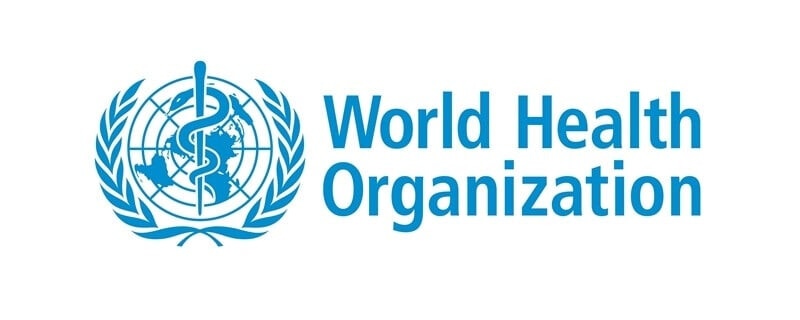
The World Health Organization has prequalified the first hepatitis C viral self-test, which will help extend access to testing and diagnosis, speeding worldwide efforts to eradicate hepatitis C.
OraSure Technologies’ OraQuick HCV self-test is an expansion of the pre-qualified OraQuick® HCV Rapid Antibody Test, first pre-qualified by WHO for professional usage in 2017.
The UN agency, which announced this in a news release on Wednesday, stated that the self-test version, which is specifically designed for use by laypeople, provides them with a single kit including all of the components required to execute the self-test.
WHO proposed HCV self-testing in 2021 to supplement existing HCV testing programs in nations. The advice was based on data to enhance access to and consumption of services, particularly among persons who would not otherwise test.
It stated that national-level HCVST implementation initiatives, mostly funded by Unitaid, have demonstrated high levels of acceptance and feasibility while also empowering people through personal choice, autonomy, and access to stigma-free self-care facilities.
"Every day, 3,500 people die from viral hepatitis. Dr. Meg Doherty, WHO Director for the Department of Global HIV, Hepatitis, and STI Programmes, reports that just 36% of the 50 million individuals living with hepatitis C have been diagnosed, and 20% have received curative treatment as of the end of 2022.
Doherty continued, “The addition of this product to the WHO prequalification list provides a safe and effective means to extend HCV testing and treatment services, ensuring more people receive the diagnoses and treatment they require and, ultimately, contributing to the worldwide objective of HCV elimination.”
The World Health Organization’s prequalification programme for in vitro diagnostics evaluates a variety of assays, including those used to detect HCV antibodies. The programme compares IVDs to quality, safety, and performance requirements. It is a critical component in helping countries achieve high-quality diagnostic and treatment monitoring.
“The availability of a WHO prequalified HCV self-test allows low- and middle-income countries to have access to safe and affordable self-testing options, which is critical to achieving the goal of diagnosing 90% of all HCV patients,” says Dr Rogério Gaspar, WHO Director for the Department of Regulation and Prequalification.
“This success helps to provide access to quality-assured health goods for more individuals living in low-income nations,” Gasper said.
The global health agency promised WHO that it will continue to evaluate more HCV self-tests, encourage evidence-based implementation, and collaborate with communities to make available alternatives in all countries.